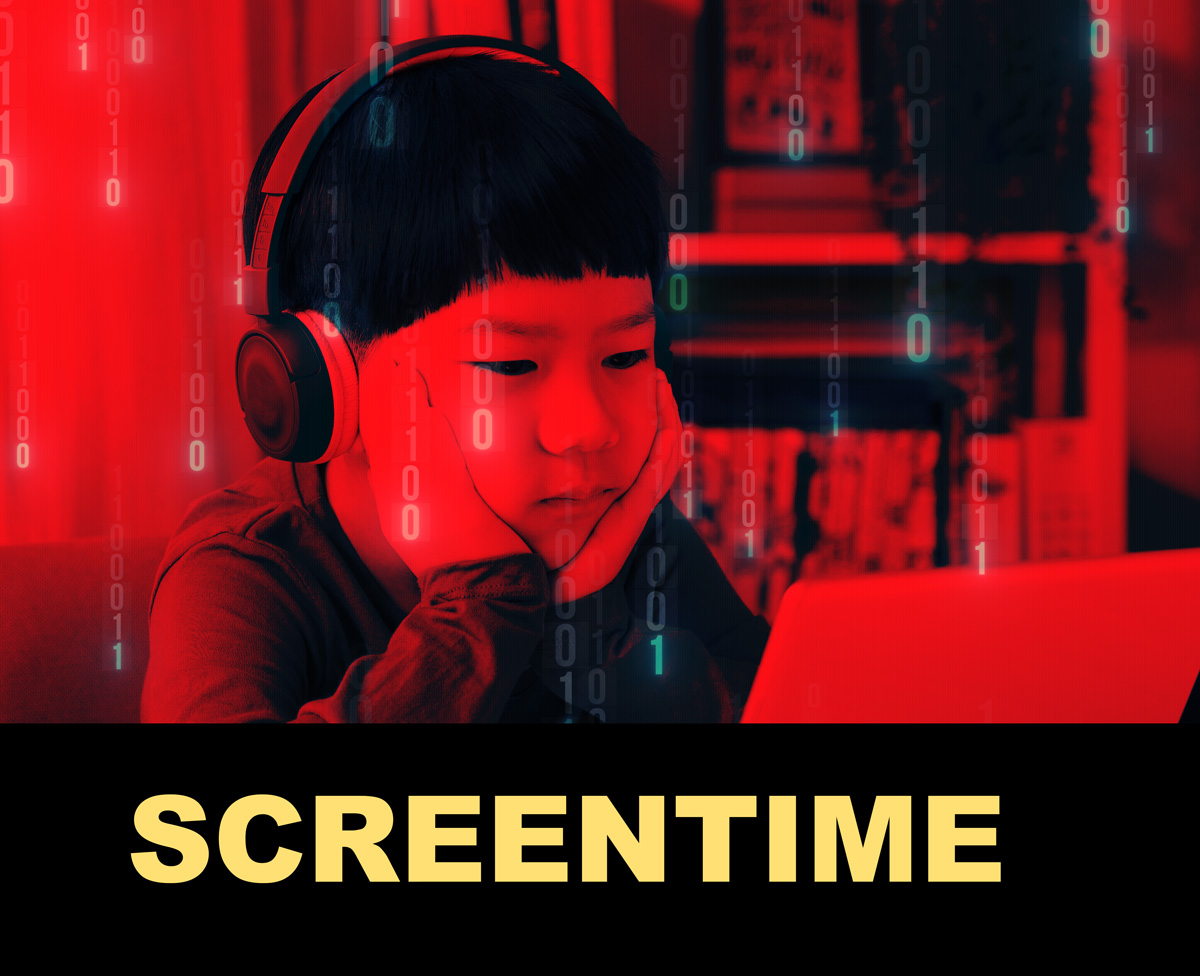Digital technologies are shaping children’s brains…
one hour of Daily screen time Can Reduce Preschoolers Core brain development
Mobile technology has changed our lives in so many ways. It has become a part of our daily routine. We use it for entertainment, learning, and communication.
In 2017 the average time spent on mobile devices by 2-4 year olds was 58 minutes per day. This can be attributed to the fact that they are surrounded by smartphones and tablets at home, school and everywhere they go. It would be interesting to compare a current study on daily usage with the figures from 2017 for changes and trends.
Too much screen time can be detrimental to children’s development. It can lead to addiction, obesity, and lack of sleep. The National Sleep Foundation found that Studies have shown that preschoolers who use screens for more than an hour each day experience a noticeable decline in language, literacy, and social skills development.
The study found that children who spent more time in front of screens had a lower attention span, poorer vocabulary, and less interest in reading.
Children who are exposed to screens at an early age may not be able to develop their full creativity and imagination skills. This could lead them to be more susceptible to addiction because they are not satisfied with the virtual world and want more of the real world. It can also result in them being less active because they prefer sitting down in front of a screen rather than playing outside with friends or family members.
We know that this is not an easy rule to follow and it is especially difficult for parents who work full-time and don’t have the time or energy to monitor their kids’ screen usage. One solution could be a parental control app which can help monitor the time spent on mobile devices, block certain apps and set bedtimes for when these devices are prohibited.
With an average of five new ones being added every month.
Research Resources
- Private-Review: Zero to Eight Study
- Peer-Reviewed: Associations Between Screen-Based Media Use and Brain White Matter Integrity in Preschool-Aged Children
- Private Study: 2021 Thorn Impact Report
The Impact of Technology Series

